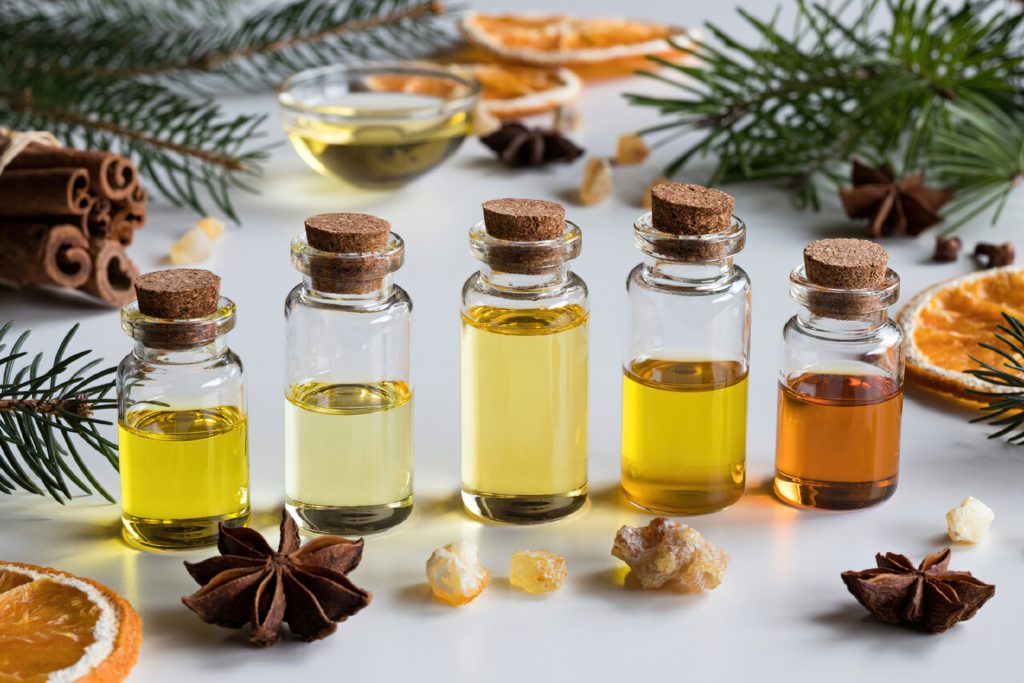Cooking with oils is a vital aspect of culinary arts, affecting both the taste and nutritional value of your dishes. In this comprehensive guide, we’ll explore the science behind cooking with various oils, helping you make informed decisions to elevate your culinary creations while maintaining a healthy and sustainable approach.
- Understanding Different Oils
- Choosing the Right Oil for the Job
- Health Benefits of Different Oils
- Storing and Using Oils Correctly
- Preserving Nutrients and Flavors in Your Dishes
- Infused Oils: Adding an Extra Layer of Flavor
- Avoiding Common Mistakes When Cooking with Oils
- Sustainable and Environmentally Friendly Oils
Understanding Different Oils
Cooking with oils is an integral part of any culinary experience, but understanding the science behind various types can improve your dishes’ flavor and health benefits. This comprehensive guide will help you navigate the world of cooking oils, exploring their properties, usage, and smoke points.
Choosing the Right Oil for the Job
When selecting the right oil for a specific dish, it’s crucial to consider its smoke point, the temperature at which it begins to break down and produce smoke. Oils with high smoke points, like avocado and peanut oil, are ideal for high-heat cooking techniques such as frying and sautéing. On the other hand, oils with lower smoke points, like olive oil and flaxseed oil, are better suited for low-heat methods like baking and salad dressings.
Health Benefits of Different Oils
Not all oils are created equal in terms of health benefits. Some, like olive and canola oil, contain healthy monounsaturated fats that can help lower bad cholesterol levels. Others, like coconut and palm oil, are high in saturated fats and should be used sparingly. Paying attention to the nutritional content of the oils you choose will help you make healthier decisions in your cooking.
Storing and Using Oils Correctly
Proper storage is key to maintaining the quality and flavor of your oils. Keep them in a cool, dark place away from heat sources, and use airtight containers to prevent oxidation. When cooking, remember that less is often more. Start with a small amount of oil and add more as needed to prevent unnecessary calories and fat.
Preserving Nutrients and Flavors in Your Dishes
To preserve the nutrients and flavors in your dishes, it’s essential to use the right oil for the job. Heat-sensitive oils, like extra-virgin olive oil, should not be used for high-heat cooking as they can lose their nutritional value and develop off-flavors. Instead, opt for oils with high smoke points, like grapeseed or sunflower oil, to retain the dish’s nutrients and taste.
Infused Oils: Adding an Extra Layer of Flavor
Infused oils can bring an exciting and unique twist to your recipes. By combining a base oil, such as olive or avocado oil, with herbs, spices, or other ingredients, you can create a customized flavor profile. To make your own infused oils, gently heat the oil with your chosen ingredients, then strain and store in a clean bottle. Use infused oils sparingly to elevate your dishes with a burst of concentrated flavor.
Avoiding Common Mistakes When Cooking with Oils
When cooking with oils, it’s crucial to avoid some common mistakes that can negatively impact your dishes. First, never reuse oil that has reached its smoke point, as it can impart a burnt taste to your food and may even produce harmful compounds. Additionally, do not mix oils with different smoke points, as this can lower the overall smoke point of the mixture, making it unsuitable for high-heat cooking.
Sustainable and Environmentally Friendly Oils
In recent years, sustainability and environmental concerns have become increasingly important when selecting cooking oils. Choose oils from sustainable sources like certified organic, non-GMO, or fair-trade suppliers. Additionally, look for oils derived from plants with low environmental impact, such as rapeseed (canola) or algae-based oils.
In summary, understanding the science of cooking with oils can significantly enhance your culinary creations while promoting a healthier lifestyle. By choosing the right oil for the job, preserving nutrients and flavors, and considering environmental impacts, you’ll be on your way to mastering the art of cooking with oils. Experiment with infused oils to add unique flavors to your dishes, and always keep an eye out for new and innovative oils to expand your culinary repertoire.

